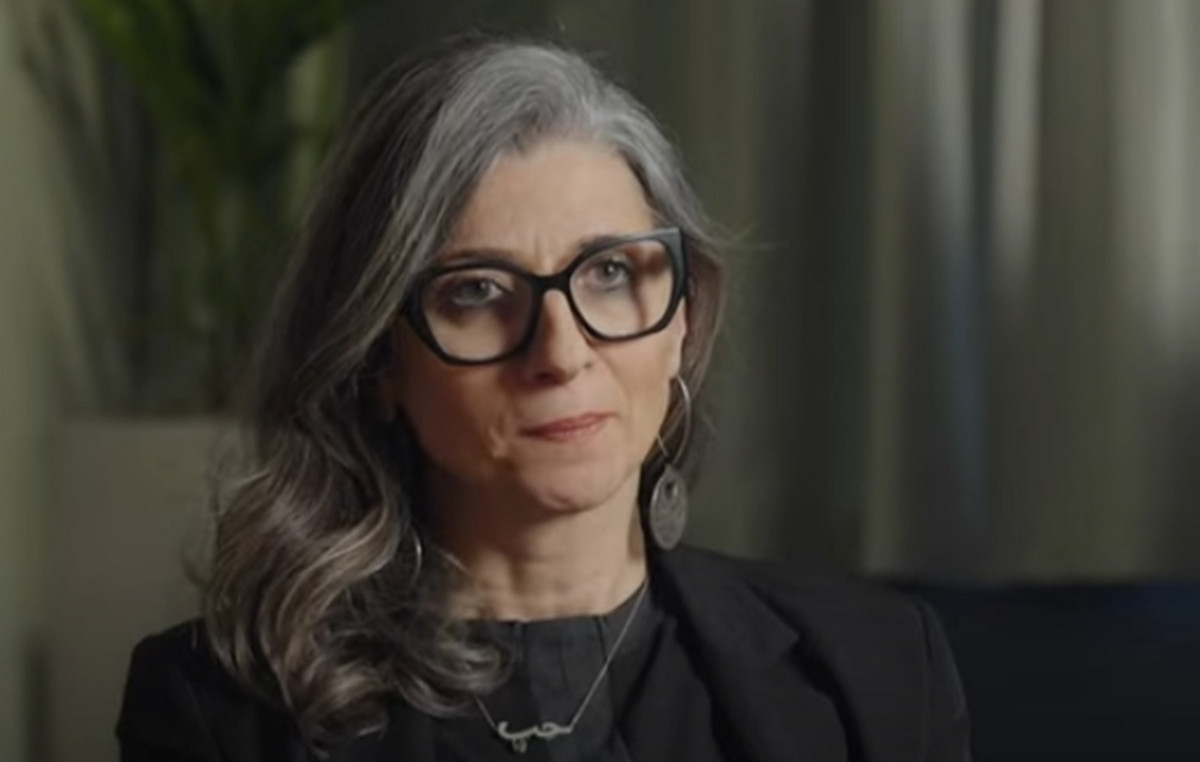Launched on Wednesday night (5), Meta’s new social network, Threads gained more than 10 million users in its first seven hours on air.
On the new platform from the parent company of Facebook, Instagram and WhatsApp, posts are called “threads” and can have just text or videos and photos as well. The social network looks a lot like Twitter, with a largely text-based feed of posts where people can have real-time conversations.
In addition to expectations to find out if Threads can represent the end of Elon Musk’s Twitter, the social network is also expected to bring new possibilities for monetizing content.
Part of the so-called “Web 3.0”, the platform will invest in decentralization and adapt to ActivityPub, an open social network protocol. This allows the data and content produced on Threads to be treated as the property of the user, not the platform.
Mercado Bitcoin’s director of content strategy and influence, Inaiara Florencio explained to the CNN what changes the third generation of the Web can bring and what it means for the future of social networks, including Threads.
web 3.0
“There is still no exact information on how Threads will work for monetizing influencers and content creators,” said Florêncio. “But within the logic of Web 3.0, users can be remunerated for the work done by posting and liking on social networks, using the opportunity to earn money with the attention they give and receive.”
Web 3.0 represents the most likely future of the internet, and has 4 essential characteristics: decentralization, privacy, security and ownership through tokens or NFTs.
On its website, Meta says it is committed to “giving users more control over their audience on Threads.”
And he makes his expectations clear: “The benefits of open social networking protocols go far beyond the ways in which people can follow each other. Developers can create new types of features and user experiences that can be easily connected to other open social networks, accelerating the pace of innovation and experimentation.”
The company’s website adds: “Threads is Meta’s first application built to support an open social networking protocol – we hope that by joining this ecosystem of interoperable services, Threads will help people find their community, no matter what application they use.”
This decentralization is possible thanks to ActivityPub, an open social networking protocol established by the World Wide Web Consortium (W3C) that is already used by other platforms such as Mastodon and WordPress. By becoming compatible with ActivityPub, the platform allows your posts to be accessed from other applications that are also compatible, allowing users to reach different audiences and have access to different posts without having to create an account on each social network.
“It seems that these changes in the attention economy signal a new phase towards which creators and influencers are moving”, said Florêncio.
“The content creator will be able to use Threads, for example, to guarantee a more captive audience of followers and use this to negotiate with advertisers or with the supporters of their content. This already opens up a new range of monetization opportunities, which are also focused on engaging with the community”, she explained.
The expert cited examples that are already being used in advertising platforms: such as the possibility of offering financial rewards to users in exchange for data or engagement.
In addition, decentralization also means that decisions regarding the functioning of the social network would not be taken by a single person, but by a management board, which is not made up of executives. According to Inaiara Florêncio, this would avoid decisions such as the limit of posts that can be read per day on Twitter, announced by Elon Musk at the beginning of the month.
Source: CNN Brasil
Charles Grill is a tech-savvy writer with over 3 years of experience in the field. He writes on a variety of technology-related topics and has a strong focus on the latest advancements in the industry. He is connected with several online news websites and is currently contributing to a technology-focused platform.







